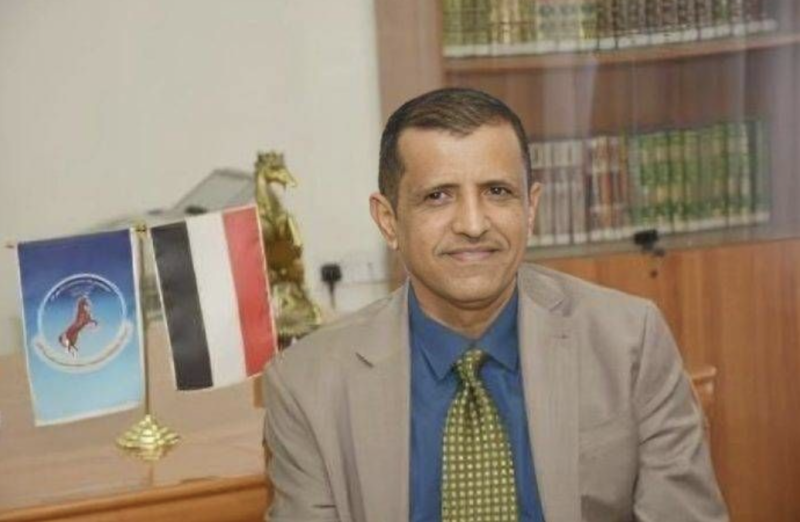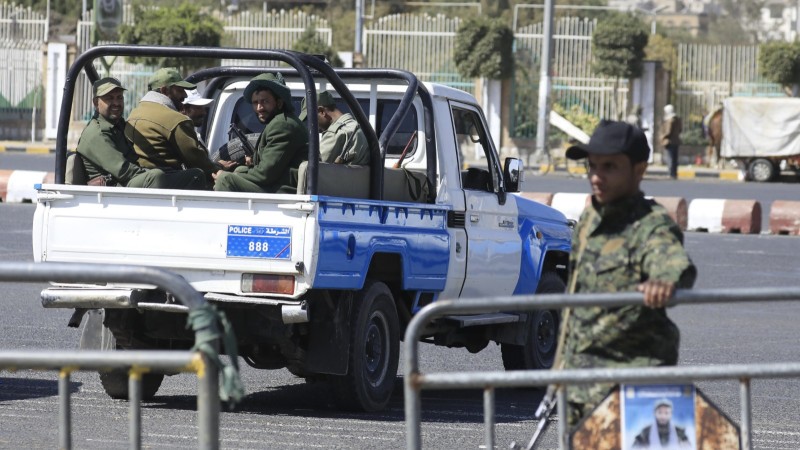Aid groups urge US to resume assistance in Yemen


International aid groups are urging the U.S. government to resume at least some of its halted funding for Yemen, the war-torn country on the Arabian Peninsula, where a U.S.-backed coalition is fighting rebel forces in a conflict that's created the world's worst humanitarian crisis.
The U.S. paused its funding earlier this year because those rebels, known as the Houthis, have impeded humanitarian access or stolen aid. But the blanket pause has hurt Yemeni civilians, the groups warned, as programs to treat hunger, malnutrition, cholera outbreaks and more are forced to downsize or close without U.S. funds.
The warning of dire implications comes days after the State Department's federal watchdog found the Trump administration had not done enough to minimize civilian casualties as the U.S. provides arms, including precision-guided bombs, to the coalition led by Saudi Arabia.
After five and a half years of brutal war, Yemen now confronts not just continued violence, the persistent threat of famine and the destruction of its economy and health system, but also the spread of the coronavirus pandemic, a plague of locusts and historic floods that have killed at least 148 people.
"The most significant challenge to sustained life-saving humanitarian action today is the severe shortfall in funding, which has been exacerbated by the U.S. suspension," said the leaders of Oxfam America, the International Rescue Committee, the Norwegian Refugee Council, CARE, Save the Children and Mercy Corps.
The United Nations reported this week that its pledge drive has received less than a quarter of the funds it needs for programs in the country. That lack of resources could not come at a worse time, as Yemen's currency drops even further, raising the price of food even more out of the reach of ordinary people; almost half of all children under the age of 5 are expected to be malnourished by the end of this year, the aid groups say.
Despite these dire warnings, the U.S. Agency for International Development (USAID) has not budged since it announced in March that it would suspend its operations for Houthi-controlled areas, where between 70 and 80% of Yemenis live.
Three times the size of Florida, Yemen is home to approximately 29 million people. Houthi-led forces seized the capital in 2015 amid mass protests fueled by the Arab Spring, and given their Shiite ties to Iran, Yemen's Sunni neighbors led by Saudi Arabia and the United Arab Emirates began an intervention to back the exiled Yemeni government.
Both sides have been accused of war crimes, including attacks on hospitals, clinics and water infrastructure. Oxfam and the Yemen Data Project reported this week that medical and water infrastructure has been hit during air raids at an average of once every ten days during the conflict -- damage that has not just killed civilians, but also disrupted access to healthcare, clean water and sanitation.
Since the coronavirus was declared a pandemic in mid-March, three quarantine centers have been hit by airstrikes, according to the Civilian Impact Monitoring Project.
While the coalition's airstrikes have caused the majority of the war's civilian casualties, the U.S. has boosted its air power by providing midair refueling, training and by selling arms like so-called smart bombs. The Trump administration halted midair refueling in 2018, but President Donald Trump has vetoed Congress's push to end U.S. support or block emergency arms sales.
Last week, the State Department's inspector general faulted the agency for failing to "fully assess risks and implement mitigation measures to reduce civilian casualties" when it bypassed Congress and sold the Saudis and Emiratis $8 billion in emergency arms last year.
Secretary of State Mike Pompeo rejected that finding, saying last week that U.S. weapons sales "prevented the loss of civilian lives." He didn't elaborate, but the top U.S. diplomat has previously argued selling more arms to the coalition will pressure the Houthis into negotiations and protect Saudi and Emirati territory, which have been repeatedly hit by Houthi rocket and drone attacks.
But that hasn't borne out. The rate of bombings more than doubled in the first half of 2020 compared to the prior six months, with nearly 40% hitting civilians or civilian infrastructure, according to aid groups. A one-sided ceasefire announced by the Saudis in April fell apart as even the coalition failed to abide by it. And amid the ongoing fighting against the Houthis, the coalition has also splintered, with Emirati-backed separatists in the south fighting pro-government forces -- a divide that's continued even after a mediated settlement earlier this month.
The continued U.S. arms sales have also made USAID's pause on assistance all the more frustrating to humanitarian groups.

Sana’a — Houthi militias have empowered their so-called “judicial custodian” to seize properties and assets belonging to th…

Sana'a — The United Nations World Food Programme (WFP) announced that Houthi authorities continue to detain nearly 40 of its staff working in…

Aden — The French Ambassador to Yemen, Catherine Corm Kammoun, announced today that she held talks with Presidential Leadership Council membe…